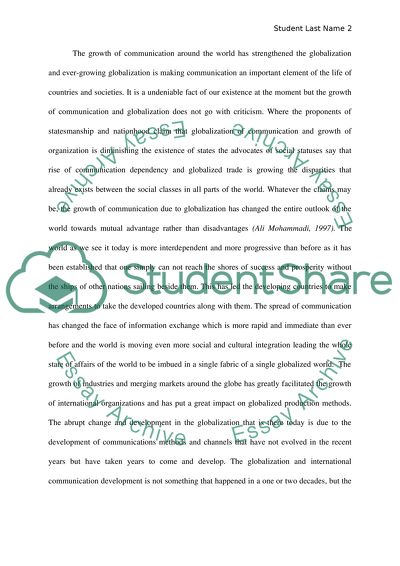Cite this document
(“The impact og globalisation on communication and impediments towards Essay”, n.d.)
Retrieved from https://studentshare.org/environmental-studies/1393260-globalization
Retrieved from https://studentshare.org/environmental-studies/1393260-globalization
(The Impact Og Globalisation on Communication and Impediments towards Essay)
https://studentshare.org/environmental-studies/1393260-globalization.
https://studentshare.org/environmental-studies/1393260-globalization.
“The Impact Og Globalisation on Communication and Impediments towards Essay”, n.d. https://studentshare.org/environmental-studies/1393260-globalization.


